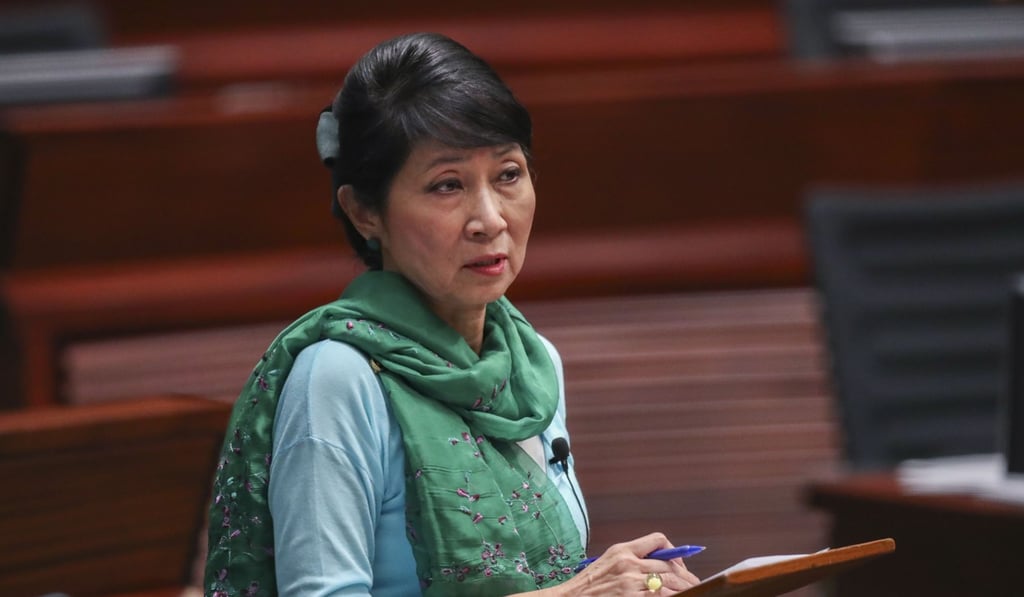Lawmakers threaten to block controversial extradition bill as Hong Kong government struggles to win business support for watered-down plan
- Pro-democracy camp raises spectre of filibuster during debates on national anthem or annual appropriation bill
- Business community still not convinced as US House Speaker Nancy Pelosi expresses ‘deep concern’ over proposals

Pro-democracy lawmakers have threatened trying to block a controversial proposal to transfer fugitives between Hong Kong, mainland China and Taiwan when it comes before the Legislative Council.
Opposition lawmakers floated the possibility of filibustering any bill, while the business sector has said it wants further revisions made to the government’s already watered-down plan.
The gesture may prove to be largely futile however, as the government can rearrange the agenda in Legco to give certain bills priority, and it still enjoys a simple majority in the house.
The latest development came as Nancy Pelosi, the speaker of the US House of Representatives, expressed deep concern about the bill’s implications for the personal safety of Americans in Hong Kong.

As of Wednesday, it remained uncertain whether security officials could secure full support from the business sector for the proposals, despite having offered the day before to exclude nine economic crimes – including some involving taxes and intellectual property rights – from the extradition plan.